Recently, Indian social media platforms like WhatsApp and Facebook stole many headlines and titles because of the ongoing talks with the Indian government. The Indian government had previously made a 3-tier rule list which includes OTT platforms, social media, and press. According to the new laws, these three-tier industries have to comply with the new rules and guidelines by the government. The deadline to accept the consent was till 25th May which has passed. Many companies have still not accepted the new rules by the government. So what’s next? In this article, we will discuss the law and everything about the current scenario.

So lets begin!
Table of Contents
What is this new law?
Before this law was implemented, Social media giants had a safe immunity given to them by the law. Because of this immunity, a person cannot go against the Social giant regarding any content available on its app or website. Even if the governments ask the Platform to remove any unwanted content, the final decision depends solely on the company itself.
For example– Recently during the farmer’s protest in India, many influencers such as Greta Thunberg have posted unwanted content on their social media handles. The government asked them to remove the post as it was misleading but Twitter did not listen to the government. After this, the government of India started promoting the Koo app which is a made-in-India app.
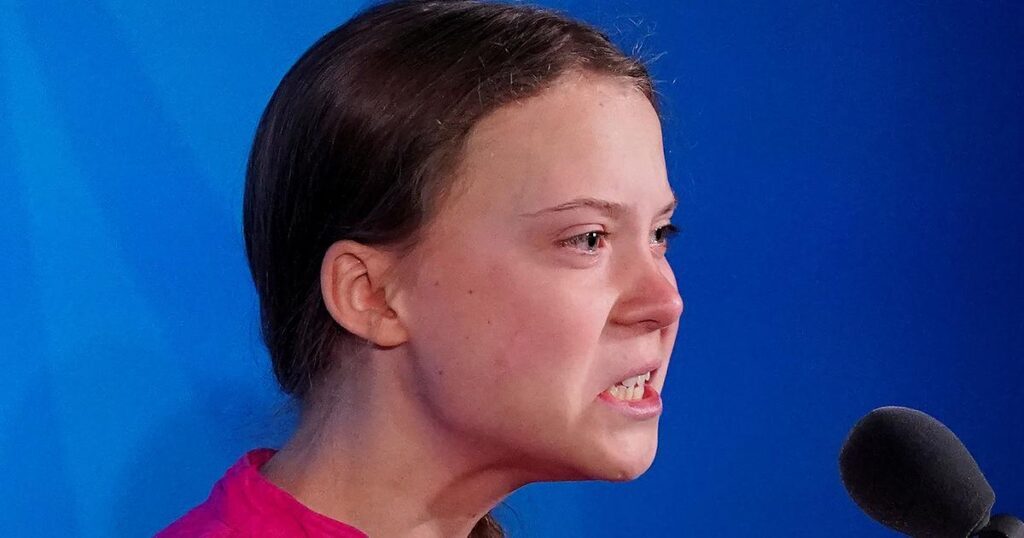
After this incident, the government implemented the new social media law. Basically, all these platforms in the three tiers have to accept and comply with these laws. And if they deny following, then the government can take necessary action against them. They can also get banned.
Lets discuss about the new rules.
The new law has divided the companies into two groups. Significant intermediaries and intermediaries. The difference between them is only the number of users. The former category includes giants like Facebook, Twitter, Youtube, etc. And the latter consists of basic companies with a smaller user base.
Social Media Giants
Grievance Redressal System
The first rule which has been made is for a grievance redressal system. The rule forces the companies to create a forum for their users for complaint registration and resolution. So if a person has any objection against any post on the platform, then he/she can directly post a complaint on this forum. A time limit of 24 hours is given to the companies to accept the complaint and a 15-day limit to resolve the case. Complaints posted by women should not harm their dignity and women should be respected in this forum.
Giants like Facebook also need to assign a chief compliance officer which will manage the whole forum. And they also need to assign an Indian representative to this team who will be in constant contact with the government.
The biggest part of this rule is if the government finds any post to be against “The Nation” then it has the right to ask the company about the post’s “Initial origination “. In this case, the social media company needs to tell every information it has about the user who has originally posted the “Anti-National post”. The person will also receive a chance to defend himself in court.
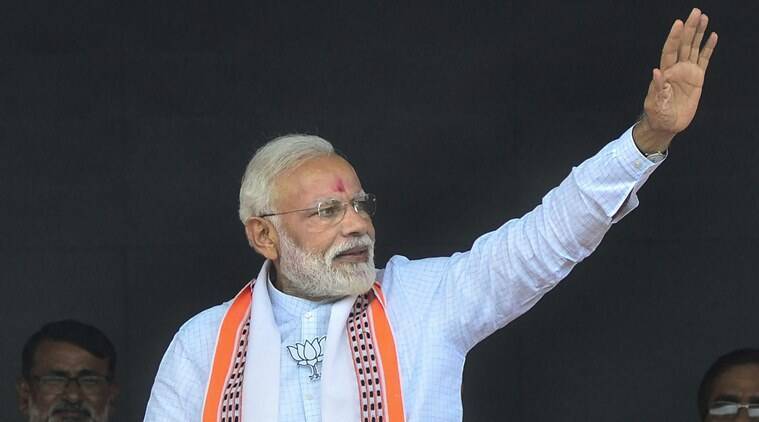
The chief redressal officers have to create a monthly report which will include total complaints and redressals of the month. The companies will submit this report to the government.
OTT
The rules implied that the OTT platforms have to divide the content into 5 major catagories.
- U (All Age groups)
- U7+ (age 7 and more)
- U13+ (age 13 and more)
- U16+ (age 16 and more)
- A (Adult)
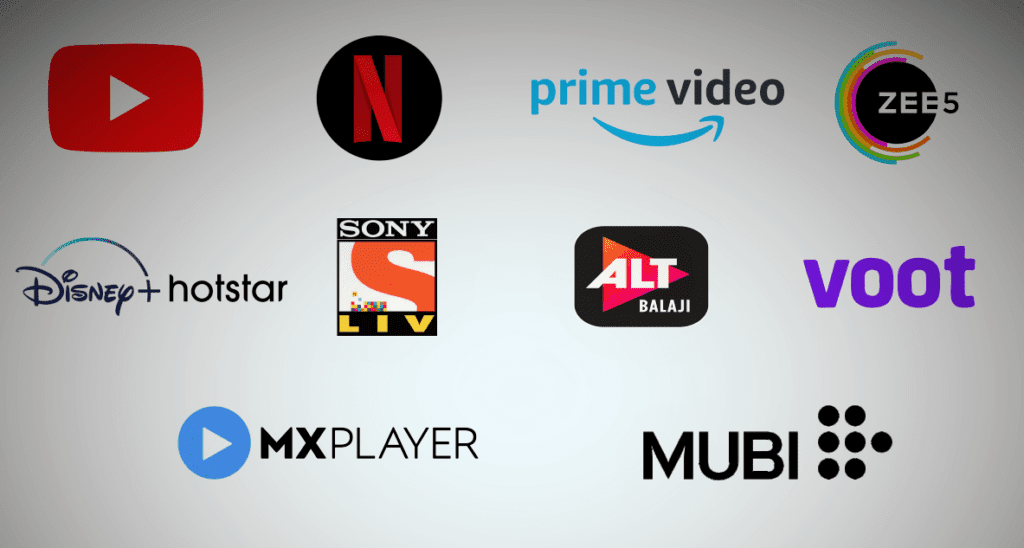
At the starting of the video, the platform has to clearly specify the age group related to the video. Secondly, If the content is adult, then the platform has to implement an age verification mechanism with a parental control system.
Any news which is published on any news portal of India should adhere to the rules of the press council of India. The IT ministry will create a system or a wing to keep an eye on all these news portals.
Current scene!
The last date to accept the rules was 25th May which has passes. Companies like Facebook and Twitter haven’t accepted the new policy yet. Still, they are not banned, But why?
Because the government has given another 15 days to these companies to accept the new law. According to these companies, the new rules are against the Right to Privacy as issued by the Supreme court of India. On 26th May Whatsapp filed a case in the court to declare these rules as a violation of the right to privacy. The law requires finding out details of the original creator of the post which will lead to a breach of the user’s privacy.
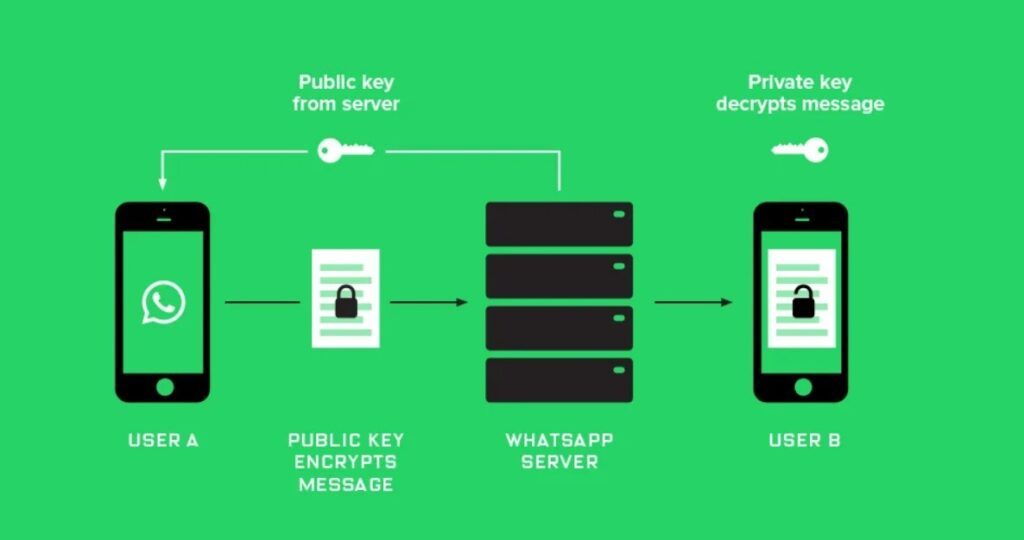
According to IT minister Ravi Shankar Prasad, The new law is not a breach of an individual’s privacy. They will only use it in a very serious case of “threat to national security and integrity”. He also added that the new laws will not interfere with the normal functioning of the platform.
Let’s see what happens with Indian social media and the government in the upcoming time. We will be one of the first websites to publish any recent update on this issue. To subscribe to our newsletter
You can also subscribe to our Youtube channel http://www.youtube.com/c/sarcasticsindhi



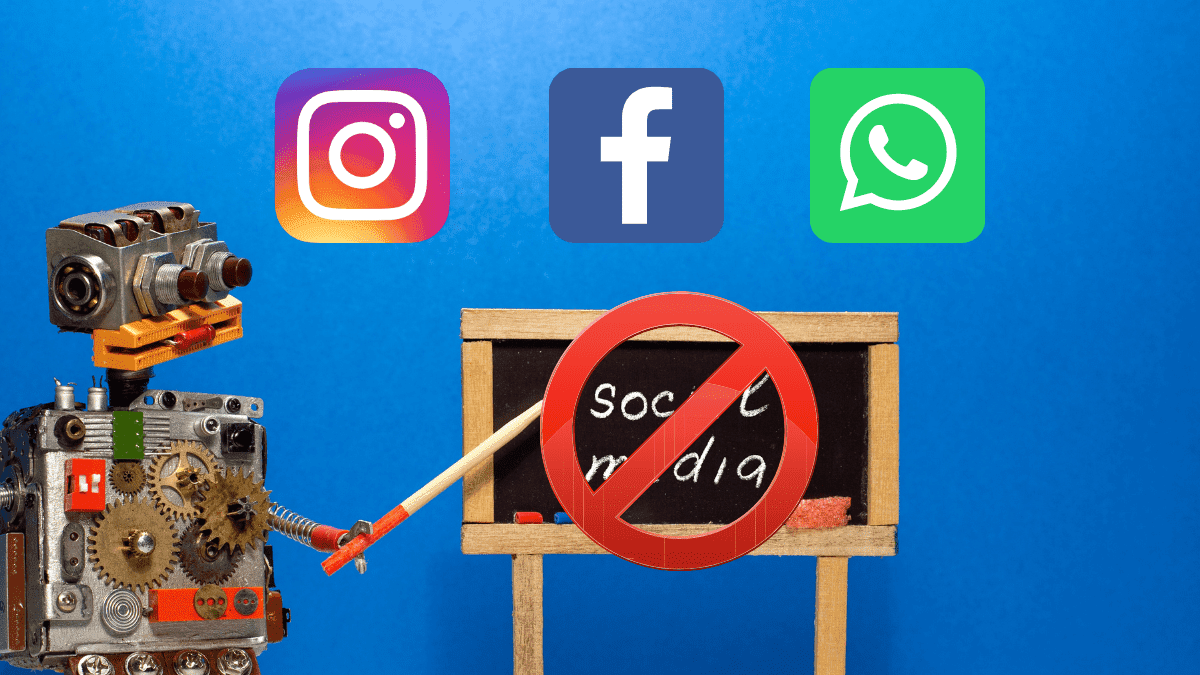


Bhai BGMI ka launch date pe article likho. In sab se hame matlab nahi hai.
Working on it bro you will soon read it in some days
Good work bro. ????????
Bhai India me Pubg New state kab aaega.
Bhai mujhe lagta hai sab ban hojaega . YT bhi phir uski jagha IndiaTube aaega. facebook bhi modibook ho jaega